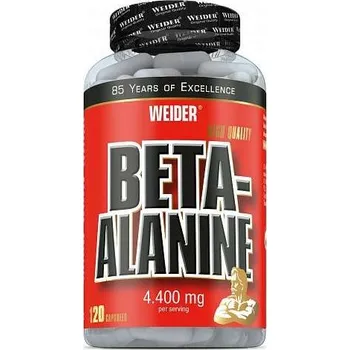The event of proteinogenic amino acids, which are included into proteins throughout translation and improve amino acid sales, was vastly aided by advances in biotechnology. Information is normally not obtainable on important amino acids and fatty acids, metabolizable power (ME) or hint elements. Feed supplements/additives similar to vitamins, trace minerals, amino acids, medicants, antioxidants, and so on. are usually imported. These similar nations, that are closely dependent on imported feeds, also export feed substances primarily to earn international currencies. To date there is no such thing as a growing country which has established its personal ME values for its feed elements. Also there's a one-sided development - most developing international locations have significantly improved their breeds and numbers of livestock, significantly swine and poultry. In addition, as purchasing power increases in growing nations, so does the demand for meat, eggs, and dairy. Although the process will increase the rice bran's protein content material, it decreases its metabolizable energy and lowers the important fatty acid content material. Depending on the process, residual oil will increase ME however lowers the crude protein (CP) content and this leads to a brief shelf life. Many protein meals that want cooking are typically under or overcooked. Bangladesh, India, Indonesia, Malaysia, Pakistan, Philippines, Singapore and Sri Lanka are generally in brief supply of grain and/or protein meals.

Except for Thailand, all Southeast Asian countries import maize, most of their fish meal and all of their soyabean meal however export agro-industrial by-products corresponding to cotton seed cake, copra meal, rice bran, molasses, and so forth. India, Bangladesh, Pakistan and Sri Lanka have quite a lot of protein concentrates akin to oil cakes/meals from groundnut, peanut, linseed, sesame, cottonseed, rapeseed and mustard seed that are being exported to a variable extent. The provisions of the Essential Commodities Act (1951) protect feed consumers to some extent. In Pakistan, the proposed Punjab Animal Compound Feedstuff Act (1974) is now under study by the Department of Law and Finance. The Act is a comprehensive one patterned after the usual animal feedlaw of advanced countries however with some modifications for situations current within the Punjab. Likewise, the adaption of Indian Standard Institute standards and mark of certification for finished feeds in India shouldn't be obligatory. In India as an illustration, a common apply is the deoiling of rice bran/polishing.

India alone has 200 solvent extraction models and 70% of the de-oiled rice bran was exported upto 1978. Similarly, extraction of oil from oil seeds may differ between and within a country utilizing either the extra environment friendly solvent extraction method or a excessive or low strain oil expeller or each. The chances of adulteration of feeds are excessive at any of the dealing with stages. As the basic units of proteins, amino acids are important for organismal improvement and progress. One in every of the most well-liked amino acids among athletes, the β-amino acid type of Alanine. Bangladesh has not enacted any regulation particular to animal feed nor has a programme to ascertain one. The manufacturers might have their completed feeds analysed as a way to get a “certification” from the Bangladesh Standards. All Asian laboratories use proximate evaluation (Association of Official Agricultural Chemist) (AOAC) and it normally takes a week for an entire analysis thus, only feeds with excessive purity shall be analysed for proximate composition. One main constraint is the high population density and the competition of human and livestock for feed resources.
Undernutrition is still the major limitation to rising livestock production in these nations. Due to this, there is a better requirement for protein-rich animal feed, which is crucial to the growth and maturation of livestock feed. There has nevertheless been no real improve in animal or human feed production and no economically viable feed substitutes have been developed. amino acids for human health, have an authorised Animal Feed Law, though all international locations agree that every must have its personal feed law and that the government must provide monetary help for its environment friendly implementation. The lack of quality management of animal feeds and poor financial support from the government have made it unimaginable to watch feed notably from the smaller feedmills, operators, feed ingredient manufacturers, and distributors, suppliers, dealers, retailers and importers. Very often the results of chemical analysis of the final product don't tally with the tabulated values from the ingredient.
